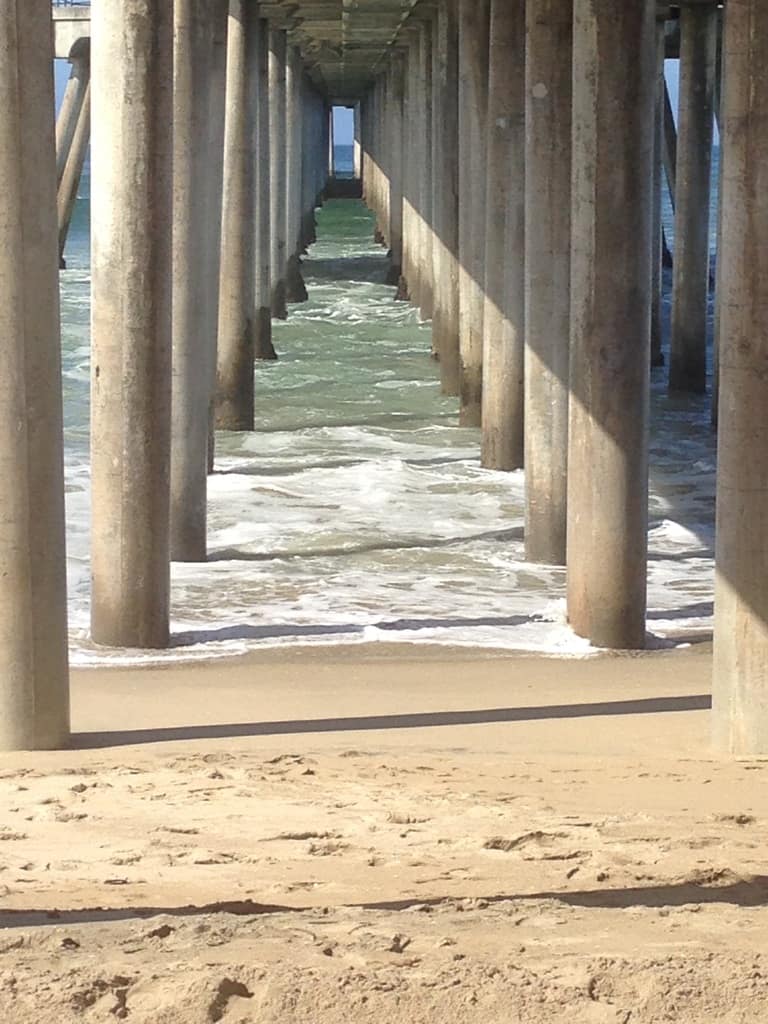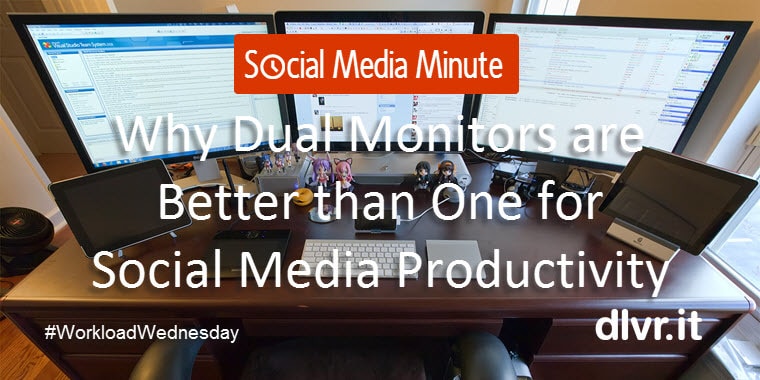5 Good Reasons Why You Need to Take a Vacation from Your Business
If anything is burning up social media in the Spring, it’s the hashtag #SpringBreak. Don’t fret; Spring break is a vacation, and it doesn’t have to be about Fort Lauderdale and drunken debauchery. A vacation is about downtime and rejuvenation, and you can take one anytime.
Running a small business can be a 24/7 job. But, time away from your business can be a good thing. Nobody does their best work if they’re too tired or overly stressed.
Unplugging from work, even just for a day or two, can help you maintain a better overall perspective on life, help strengthen your personal relationships, and boost your happiness levels which will all support a healthier, happier person showing up to manage your business.
Unconvinced? Here are five good reasons why you need a vacation from your small business this Spring Break (or anytime – actually).
1. Your Brain Needs Down-Time
Mental downtime is necessary for your brain to function at its best.
Research from Scientific American, studying the habits of athletes and exceptional artists, reveals how naps, meditation, nature walks and prolonged breaks actually:
- Increase productivity
- Replenish attention
- Boost memory
- Encourage creativity
Essayist Tim Kreider wrote in The New York Times,
Idleness is not just a vacation, an indulgence or a vice; it is as indispensable to the brain as vitamin D is to the body, and deprived of it we suffer a mental affliction as disfiguring as rickets…it is, paradoxically, necessary to getting any work done.
Since starting your business, can you remember the last time you took a real break? Staying home sick with the flu does not count! Downtime is a must. If you want to run your business efficiently and on all cylinders, your brain needs a break.
2. You Can Recharge Your Batteries and At the Same Time, Empower Your Team
Does this question sound familiar: How will my business go on in my absence?
There’s an incredibly common misconception that we are indispensable. In our absence, everything will fall apart at the office. Believe me; don’t believe it’s impossible for you to take a vacation!
Jennifer Deal, a researcher at the Center for Creative Leadership who has examined the way executives deal with taking vacations, told The Wall Street Journal that when bosses take time off they come back more creative and able to think about the long run future of the company better. If they don’t take a break, she says it’s extremely difficult for them to “see outside of the immediate whirlwind.”
As a business owner or manager, it is also your responsibility to challenge, empower and motivate your staff by entrusting them with your business so you can take a vacation.
- Divvy out the critical tasks that need to be taken care of
- Set expectations
- Hold your team accountable
Lastly…TRUST that everything will be ok. TRUST your team and TRUST yourself.
3. You Can Set an Example – Walk the Walk and Talk the Talk
As important as it is for your own health, to take a break, it is equally important to encourage your staff to take care of themselves. After all, you do not want the entire team burning out!
Set an example:
Show the importance of taking a vacation by taking one yourself.
Also, remember that you can take vacations in small increments — an afternoon off, for example, can work wonders for morale.
Fact:
The more (shorter) vacations you take, the happier you’ll be.
So go on, give your staff and yourself a needed and much-deserved break. You’ll return from your vacation with newfound energy, focus, and creativity to transform the world.
4. To Innovate, Disrupt Your Routine
If you have a hard time relaxing, you might just need to jolt your subconscious into recognizing you need a break. According to the Harvard Business Review, disrupting your everyday regimen can even increase creative thinking.
Disrupt your usual schedule by:
- Sleeping in
- Eating dessert for breakfast
- Getting tickets for an event that you normally would have passed on
- Taking a spur-of-the-moment vacation with family or friends
Or maybe better yet, take a staycation. Sometimes there’s nothing better than relaxing at home without the stress of travel, planning, and extra expense to give you a fresh start. But, be careful not to take the opportunity to clean out the garage – you need a break. Read an entire book. Lay down on the couch and take a mid-day nap. Have friends over for board games. Just avoid the “chore list.”
5. New Stimuli — faces, places, smells, tastes — Boosts Creativity
New faces, places, smells, and tastes can all help unlock creative ideas. Even if you don’t work in a creative field like the arts or entertainment, tapping into your creativity releases a sense of playfulness and fun, a return to that child-like wonder and curiosity, and can help you sort through challenges at work or in life.
Why is creativity important?
In his TEDxDirigo talk, You’re a Lot More Creative than You Think, artist John Paul Caponigro believes that “The human being is a creative species.”
The idea is that we are all born with creativity – some of us are just born with more than others. And even if you’re in a field that doesn’t typically ooze imagination in the same way that advertising does, creativity is a skill that can still improve your value in the workplace and at home.
From Caponigro’s talk, a few benefits of creativity that apply to your everyday life include:
- Improved problem-solving skills. Thinking “creatively” allows you to find solutions to problems that you might not have considered otherwise.
- Faster idea-generation. When your friend asks you, “Where should we go for lunch?” is your typical response, “I dunno. Where do you think?” Don’t be that person. Fine-tuning your creative abilities will help you think quickly and to generate more ideas on a whim.
- Better mood. It’s hard to hold back a smile after you’ve discovered a new path or created something original. Now go brainstorm five new uses for crayons, and tell us you didn’t have just a little fun.
So, are you sold yet on the reasons why you must take a vacation and soon?
Bonus Reason: It Will Make You Happy!
Is that not reason enough?
How about taking a break right now? Toss your guilt aside about leaving the office behind. Bypass all the kids going to Cabo, Cancun, and Miami and start your vacation. Your business will manage without you and you will come back refreshed and enlightened.









